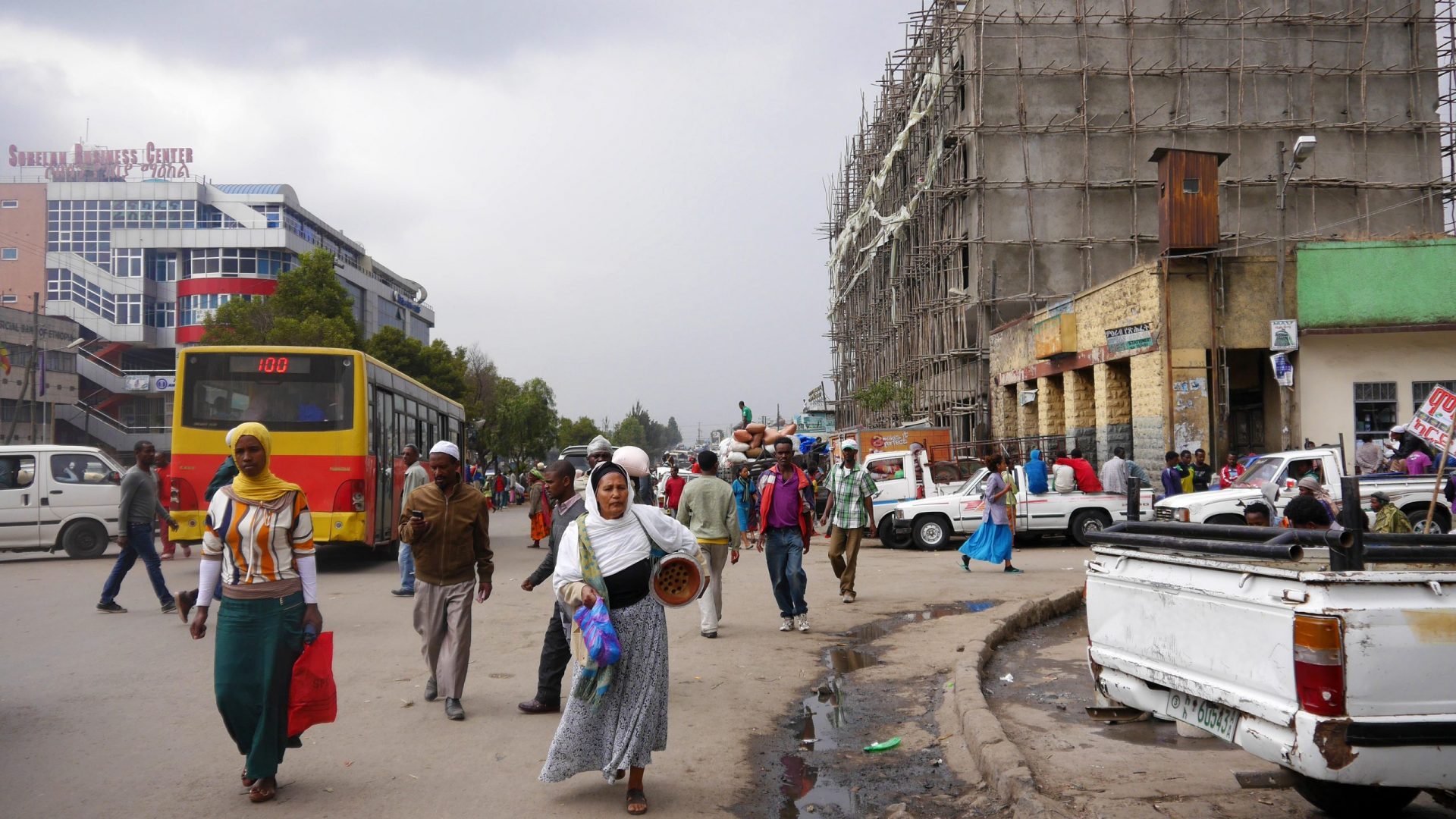Travel made possible by motor vehicles supports economic and social development all over the world. Yet every year, vehicles are involved in crashes that cause millions of deaths and injuries. According to the World Health Organization, 93 per cent of the world’s fatalities on the roads occur in low and middle-income countries, despite these countries having approximately 60 per cent of the world’s vehicles.
In the private sector, firms are morally, legally, financially and socially responsible for the road safety performance of their business activities. Beyond this, businesses proactively working towards internationally-recognised good practice on road safety may also be more attractive to potential investors and lenders.
To help the businesses we invest in – as well as the private sector more broadly – to implement this good practice, we’ve partnered with PIDG, SIFEM, FMO and Proparco to develop a good practice note, Managing road safety in emerging markets.
The guidance aims to provide practical recommendations and good practice for organisations in emerging markets to improve road safety. Themes include establishing a strong corporate road safety culture, understanding risk assessments, implementing procedures around vehicle and driver selection and monitoring/reporting incidents. It provides tools and checklists, along with case study examples, to identify risks related to road safety in an organisation’s operations and provides good practice recommendations to minimise and manage these risks.
We hope that this guidance will support investors and companies to strengthen or develop their own road safety management systems. It is intended for professionals operating in emerging markets who work in health, safety and environment; procurement; logistics; and contract management.









